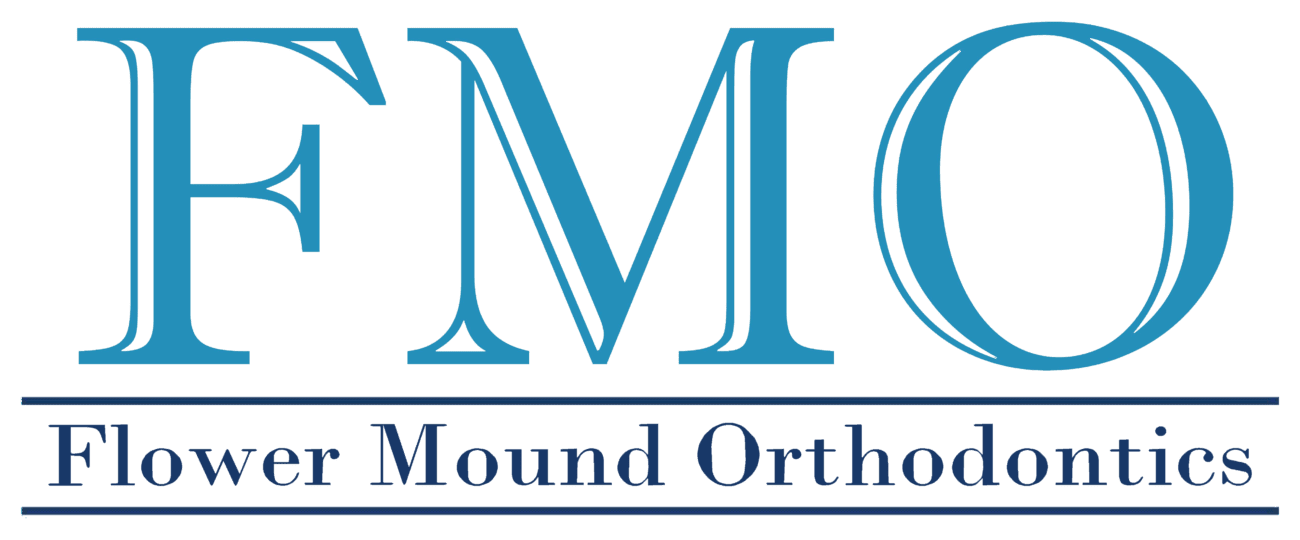Orthodontic relapse occurs when teeth shift back to their original positions after treatment. This can happen months or even years after braces or aligners are removed. Many factors contribute to relapse, including genetics and lifestyle habits. Understanding these factors is crucial for prevention.
Importance of Retainers
Retainers are essential in maintaining your smile post-treatment. They help stabilize teeth in their new positions. Neglecting to wear retainers can lead to unwanted movement. Consistent use is crucial for long-term results. Orthodontists recommend wearing retainers as directed. This often means wearing them full-time initially. Over time, patients may transition to nighttime wear. However, lifelong retainer use is often necessary. This commitment ensures teeth remain aligned.
Types of Retainers
There are two main types of retainers: fixed and removable. Fixed retainers consist of a thin wire bonded to the back of your teeth. They are permanent and require less maintenance. Removable retainers need daily wear. Each type serves a specific purpose. Fixed retainers offer constant support without daily effort. Removable retainers provide flexibility and ease of cleaning. Your orthodontist will recommend the best type for you.
Daily Care for Retainers
Proper care of your retainers is vital for their longevity. Clean them daily to prevent bacteria buildup. Use a soft toothbrush and mild soap or a specialized cleaner. Avoid hot water, which can warp retainers. Warped retainers lose their effectiveness. Store retainers in their case when not in use. This prevents damage or loss. Good cleaning and proper storage extend the life of your retainers.
Regular Dental Check-Ups
Regular dental check-ups are important for maintaining your orthodontic results. They help monitor your teeth’s alignment and overall oral health. Orthodontists can spot early signs of relapse during these visits. They may adjust your treatment plan if needed. Schedule check-ups at least twice a year. These visits allow for professional cleaning and assessment. They also provide an opportunity to address any concerns.
Maintaining Good Oral Hygiene
Good oral hygiene supports retainer effectiveness and overall dental health. Brush and floss daily to remove plaque and food particles. Plaque can cause gum disease, affecting teeth alignment. Use fluoride toothpaste for added protection against decay. Healthy gums and teeth are less likely to shift. Regular dental cleanings also contribute to oral health. They help maintain the effectiveness of your orthodontic treatment.
Avoiding Harmful Habits
Certain habits can contribute to orthodontic relapse and damage. Avoid chewing on hard objects like ice, pens, or fingernails. These actions can loosen teeth or damage retainers. Also, limit sugary foods that promote tooth decay. Decay can weaken teeth, causing them to shift. Smoking and tobacco use can also impact oral health. They contribute to gum disease and tooth loss.
Monitoring Dietary Choices
Diet plays a significant role in maintaining teeth alignment. Eat a balanced diet rich in vitamins and minerals. Calcium strengthens teeth and bones, supporting their stability. Avoid sticky and chewy foods that can dislodge retainers. A healthy diet supports overall dental health and prevents decay. Drink plenty of water to stay hydrated. Water helps wash away food particles and bacteria.
Commitment to Long-term Care
Orthodontic treatment requires a long-term commitment to maintain results. Follow your orthodontist’s instructions carefully and consistently. Wear your retainer as prescribed to prevent relapse. Attend all follow-up appointments to monitor progress. Long-term care ensures the success of your treatment. This commitment may seem daunting, but it is essential.
Seeking Professional Guidance
Consult your orthodontist for any concerns or questions. They provide guidance on preventing relapse and maintaining oral health. Professional advice is crucial in maintaining your smile. Do not hesitate to reach out for help or adjustments. Your orthodontist is your partner in dental care. They are there to support you throughout your orthodontic journey.
Consider Flower Mound Orthodontics for your dental needs. Dr. Wayne Sankey offers comprehensive orthodontic care and personalized treatment plans. His team focuses on preventing orthodontic relapse and maintaining beautiful smiles. They provide a welcoming and professional environment for all patients. Contact them for a consultation today to discuss your orthodontic needs.


